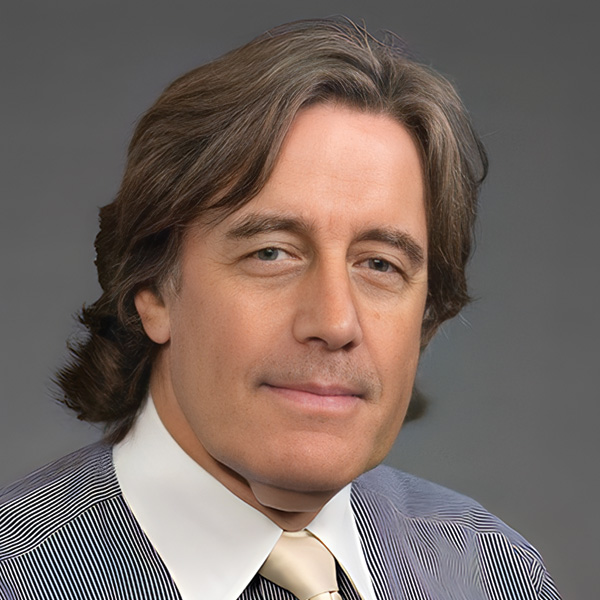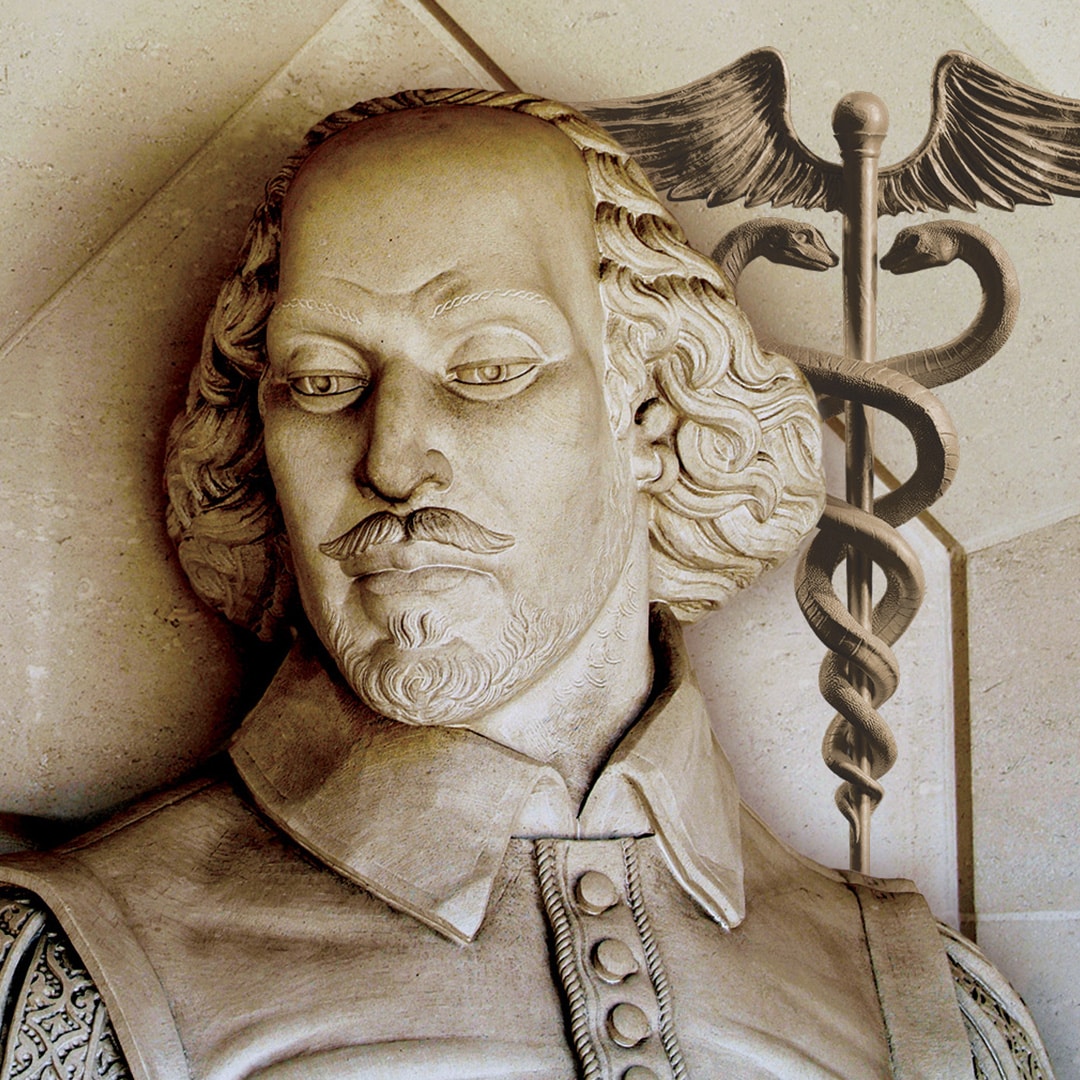Of those famed as Father of Medicine
Hippocrates, the old fabled physician
Whether for real or mythical is in
A good place, revered by wise scholars Grecian
He traveled and taught through Asia Minor
Always with an ethical eye and touch
Diagnosis precedes prognosis or
Treatments cause harm, recovery not much
What he wrote or said, a matter of doubt
The thoughts of others mingled with his own
In Greece, myths and truths carried equal clout
But reputation well and truly sewn
The Hippocratic Oath taught doctors all
Treat patients with respect, always walk tall
Backstory
Hippocrates, who lived in Greece around 400BC, is often referred to as the “Father of Medicine”. How much of his ‘writings’ were actually composed by him, and how much other people have written about him is true, are a matter of conjecture. While it has been suggested that Hippocrates never actually existed, there is a sufficiently significant body of evidence that confirms certain details of his life and career as a physician, and provides testament to his ethos of renouncing the influence of superstitions, spirits and Gods on human health and furthering the need for close observation of patients and the combined effects of diet, sleep, work and exercise on an individual’s well-being.
He was admired, and indeed praised, by both Plato and Aristotle; his reputation appears to have peaked about 100 years after his death, and his writings were displayed at the Museum of Alexandria in Egypt and his work assembled in the treatise Corpus Hippocraticum. However, it is far from clear how much of this work and / or writings were actually his own. Nevertheless, much of wisdom collected at that time, and attributed to him, were of significant importance for them to influence the practice of medicine for centuries to come. These practices included areas of what we would now call preventive medicine, women’s medicine including childbirth, the care of patients with serious chronic diseases and treatments of traumatic injuries. His scholarly work included attempt to consider bioethics and he is probably best known as the originator of the ‘Hippocratic Oath’, which sets out the principles of professional ethics for doctors. Widely reputed to state “First, do no harm”, the oath does not do this. The oath was used at the admittance of medical students into the profession, but different versions have been adopted recently in view of changing perspectives of human medicine.


